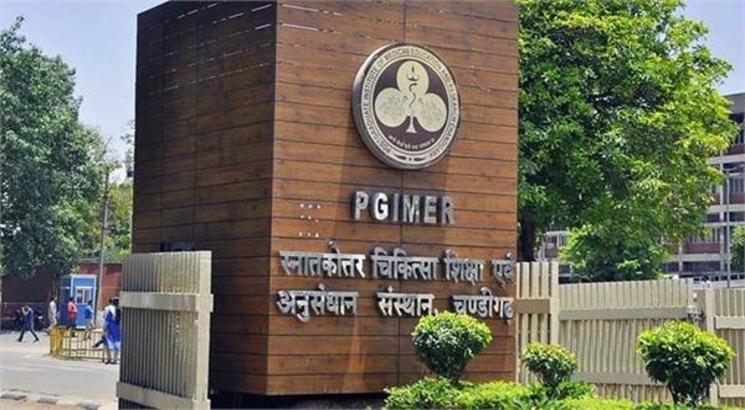Evidence-Based Medicine
Rajeev KhannaHave you ever faced the dilemma of whether one should take antibiotics for common cold and cough? While there is a tendency to take them, medical experts are of the view that there is no need because the cough and cold will take four to five days to go. It so happens that the people get fed up with the disease after three to four days, take antibiotics and then attribute getting well to the latter. Take the second scenario where children with diahorrea resulting from both viral and bacterial infection are generally given antibiotics by doctors whereas all they need to be given in case of viral infection is just oral zinc. Or take the third scenario where people suffering from viral infections accompanied by pains are quite frequently administered Non-steroidal anti-inflammatory drugs or NSAIDs available over the counter without giving a thought that they can lead to medical complications to the extent of lever failure. These are some of the present day maladies confronting the medical experts and policymakers in India at present when the health sector is gradually being driven by industry. In such a scenario, the emphasis is now being laid on giving a big push to Evidence Based Medicine (EBM) that encapsulates referring to studies based on a huge database. The Chandigarh based Post Graduate Institute of Medical Education and Research (PGIMER) recently held a national conference and workshop on Evidence Based Medicine: EBCON 2019 that attracted a lot of medical researchers, clinicians and paramedics to participate and gain from it. The resource persons for the event were known stalwarts. The pre-conference workshops encouraged the idea of evidence based medicine and the importance of medical literature searching. Professor Meenu Singh, an eminent pediatric pulmonologist and a pioneer of EBM in India disclosed, “EBM is beginning to pick up in India. We have a scenario where AYUSHMAN scheme has been introduced that gives a medical cover of up to Rs 5 lakh. But we have to see which treatment is more deserving. We face a situation where local evidence is not there. Most of the trials are carried out abroad in the developed world or Africa. We are a low middle-income country. We have to see whether that evidence from abroad is applicable here or not.” She disclosed that in this era of the internet there is so much medical information available but then the challenge remains to zero in on the genuine and credible information that actually helps treat people. “We are in the process of devising a search strategy for doctors that emphasizes how to refine the search and help the doctors access right information,” she added. Another expert Dr. Saurabh Dutta disclosed that misuse of medicines has left India facing a major challenge of multidrug-resistant bacteria. This could have been avoided had both the patients and doctors not gone in for over use of medicines in situations where they were not required. Adding to him, Dr. Nipun Verma disclosed that the tendency of self-medication by people has been leading to deterioration of evidence that can otherwise be of use in treating various diseases. Dr. Dutta said, “The EBM does not undermine the value of experience. In this case, the experience is being added on to the evidence.” The experts are now laying more emphasis on the synthesis of evidence. Since doctors cannot keep on reading research done in various places, the results are being compiled as one result. Then they see whether this result based on averages is applicable in their area of work or not, whether other local factors have a bearing on it, whether it is cost effective. “Right now we are having Swine Flu and the question is the medicine Tamiflu is to be given to what kind of people and whether it should be given at all to those with respiratory disorders. We have been through a time when statins were used to lower cholesterol levels in heart patients to a large extent and then came the question whether such drastic reduction in cholesterol levels was actually required,” point out experts. Dr. Dutta disclosed that at present an exercise is being carried out at the national level to generate standard workflows targeting all important diseases. The aim is to come up with national guidelines to treat these diseases. These guidelines will be of particular help to medical professionals in the remote area who do not have access to medical literature. The PGIMER in collaboration with the Indian Council of Medical Research (ICMR) has launched an online course on EBM called Sakshya Adharit Chikitsa or SACH. New tools in the form of e-classrooms and health informatics are being used to promote EBM to remote and distant areas with a lot of emphasis on the North East. Experts say that at present there are 46 e-classrooms and a National Institute of TeleMedicine is being put in place.]]>




